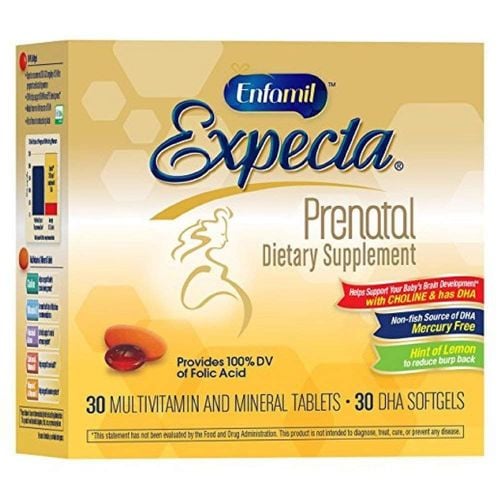This is an automatically translated article.
This article was professionally consulted by Specialist Doctor I Truong Nghia Binh - Obstetrician-Gynecologist - Department of Obstetrics and Gynecology - Vinmec Da Nang International General Hospital. Doctor has more than 13 years of experience in the field of Obstetrics and Gynecology.Most babies have enough iron stored in their bodies for at least the first 4 months of life. However, iron deficiency (ID) and iron deficiency anemia (IDA) are still concerns in most mothers. Especially among children in developing countries, iron is the most common single nutrient deficiency. So in infants when to supplement iron and how to supplement iron for infants through breast milk? Let's find out in the article below.
1. Why do babies need iron?
Iron is a mineral that babies need for health and development, especially in the brain. Red blood cells contain hemoglobin, a protein that carries oxygen to all cells in the body. Our body needs iron to make hemoglobin. Iron gives red blood cells their color. When babies don't get enough iron, their red blood cells become small and pale. They can't carry enough oxygen to your body's organs and muscles. This is called anemia.2. What are the symptoms of iron deficiency in infants?
When babies are not getting enough iron, they may show the following signs:Slow weight gain. Pale skin. Poor suckling or skipping. Irritability or fussiness Children with iron deficiency may be less physically active and may develop more slowly.
3. Which infants are at risk for iron deficiency anemia?

Babies fed cow's milk (instead of breast milk or iron-fortified milk) for the first year of life can cause iron-deficiency anemia in infants because cow's milk is low in iron, causing a small loss blood from the intestines and makes it harder for the body to absorb iron.
Cut the umbilical cord early because if your baby's umbilical cord is cut before it stops beating, they could potentially not get enough iron and blood.
4. How to supplement iron for infants through breast milk?
In preterm infants: Premature infants (<37 weeks gestation) who are breastfed should receive elemental iron supplementation at 2 mg/kg daily starting at 1 month of age and continuing until 12 months of age. This can be given as medicinal iron or in foods like beef, eggs, beans to increase the amount of iron in breast milk.Breastfed infants: Newborns are born usually with enough iron stores until 4 to 6 months of age. Doctors recommend exclusive breastfeeding for at least 4 months but preferably for 6 months. Infants exclusively breastfed with iron supplementation from 1 to 6 months of age had higher Hb concentrations and higher mean muscle volume at 6 months of age compared with their peers. Supplementation also resulted in better vision and a higher Bayley mental development index at 13 months. Therefore, it is recommended that exclusively breastfed infants receive an iron supplement of 1 mg/kg daily, starting at 4 months of age and continuing until appropriate iron-containing supplements are introduced. For partially breastfed infants, the ratio of breast milk to formula is uncertain. Therefore, starting at 4 months of age, infants who receive more than half of their daily food intake as breast milk and who do not receive iron-containing supplements should also receive an additional 1 mg/kg of iron per day.

Please dial HOTLINE for more information or register for an appointment HERE. Download MyVinmec app to make appointments faster and to manage your bookings easily.














